Angela Merkel never quite managed to appoint a successor. Her 16 years at the helm of Europe’s largest democracy has seen every potential challenger either annihilated or neutered. For all her motherly charms, Mutti Merkel is a merciless political operator.
The Christian Democratic Union and its Bavarian sister, the Christian Social Union, seem to have settled on a political incompetent to lead them into September’s federal elections. Armin Laschet is, at least for now, set to become the bland, monotone heir to Merkelism — the result of a stitch-up that may yet unravel. Pandemic-stricken Germans are growing tired of the CDU: roughly a quarter of its voters have melted away since the start of the year.
Meanwhile, the country’s Green party is surging. According to one poll, it is comfortably ahead of the CDU. If that prediction proves correct, the party that has never before fielded a candidate for the chancellery could see its newly crowned nominee leading the next German government. ‘We both wanted it,’ said a smiling Robert Habeck as he ushered his victorious rival on to the stage on Monday. ‘But in the end there could only be one.’ While the CDU has indulged in months of petty backroom spats, the Greens’ co-leaders were able to come to a good-natured agreement over the candidacy.
Habeck had at times seemed the favourite, a naturally warm children’s author who some German papers have taken to calling ‘Germany’s Tony Blair’. After a weekend of negotiations with his joint party leader, Annalena Baerbock, the pair decided that the 40-year-old mother of two had a better chance of winning over the German people.
The ‘Queen of the Greens’ is the descendant of the movement’s long evolution over the past 40 years. Her rise has seen little in the way of scandal. Even her German accent is devoid of any provincial dialect that might grind against the ears of regional voters. Her pleasant middle-class mannerisms are neutral but relaxed. She comes across as a professional and honest politician. A safe pair of hands, but also a new one.
Baerbock grew up in Hanover, studying politics and public law at Hamburg and then at the LSE. She worked as a journalist before becoming first an MEP’s assistant and then a member of the executive board of the Green party. She briefly hoped to become a professional athlete, winning bronze at the German trampoline championships three times. Last year she was invited to an elite finishing school, run by the organisers of Davos, from which Jacinda Ardern, Emmanuel Macron and Mark Zuckerberg graduated. She is the archetypical career politician.
The Green party in Germany is not the socialist project of Extinction Rebellion. In many ways, it is further to the right than the British Conservatives. In November, the party launched a ‘zero tolerance’ plan to tackle Muslim extremism, calling for a boost to police powers and a ban on Salafi organisations. Meanwhile, the Greens have successfully run Baden-Württemberg, Germany’s third largest state, since 2011, where self-confessed ‘green conservative’ Winfried Kretschmann, the Minister-President, has fought against tax increases and in favour of pro-market policies. The proud diesel-driving Catholic also takes a tough line on migrant gangs, arguing that ‘the most dangerous thing that human evolution has produced is hordes of young men’. Kretschmann was re-elected earlier this year on an increased majority.
The appeal of the German Greens lies in their centrism. Both Baerbock and Habeck have relentlessly stressed the party’s status as a Bündnispartei — a coalition party willing to work with anyone in order to get things done. Its ecological politics are broad and popular: promoting renewables, protecting the environment and promising new green jobs. But it opposes Nord Stream 2, Merkel’s dream of an oil pipeline flowing from Russia that many see as the cause of her ambivalence towards Putin. Berlin’s western allies would be only too happy to see the Kremlin’s crude tentacles cut back.
The Greens have not always been a centrist party of compromise. They entered the Bundestag in the 1980s wearing jeans and handmade jumpers. Their deputies were known for knitting during parliamentary sessions. The party’s roots draw on Germany’s romanticist tradition as well as on the pacifist, feminist and environmentalist movements. The party’s appeal widened following the deployment of America’s Pershing II missiles on German soil and the Chernobyl disaster in 1986.
There was a struggle early on between the fundamentalists and the realists. The so-called Realos eventually won and they joined state coalitions with the mainstream parties, entering federal government with Gerhard Schröder’s SPD in 1998. As the country’s first Green minister, Joschka Fischer finally turned his back on his party’s traditional roots by supporting military intervention in Kosovo along with welfare cuts. He had begun his political career as a student activist during the 1970s; photos emerged years later of the young protestor ambushing and beating a member of the Bundes-polizei. Merkel’s election in 2005 put an end to his time in government as foreign minister and vice-chancellor.
‘Joschka’s children’, as they are known, are now in with a real chance of ending the era of CDU supremacy. Whatever the outcome of the election, it looks as though Baer-bock’s party will prove a critical coalition partner. The Queen of the Greens is set to become Germany’s kingmaker.
Got something to add? Join the discussion and comment below.
Get 10 issues for just $10
Subscribe to The Spectator Australia today for the next 10 magazine issues, plus full online access, for just $10.
You might disagree with half of it, but you’ll enjoy reading all of it. Try your first month for free, then just $2 a week for the remainder of your first year.

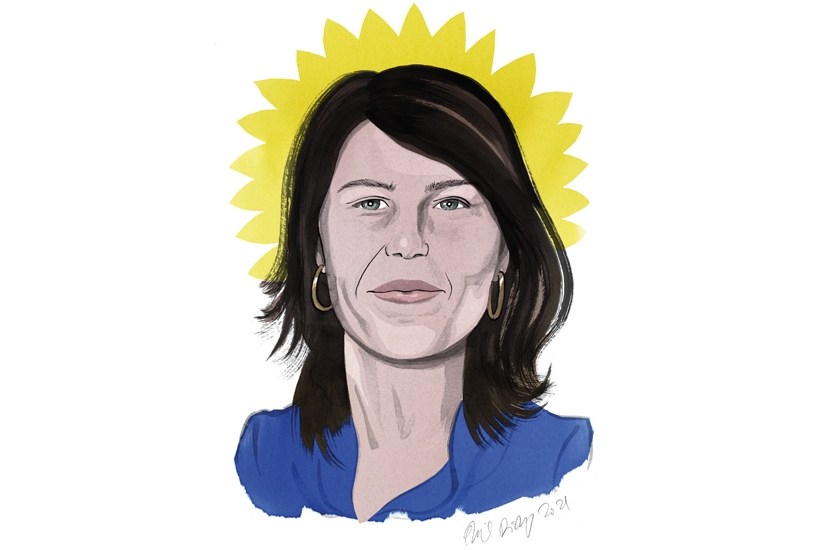

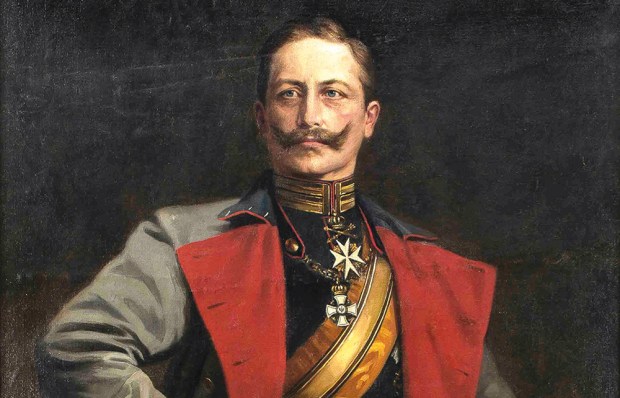
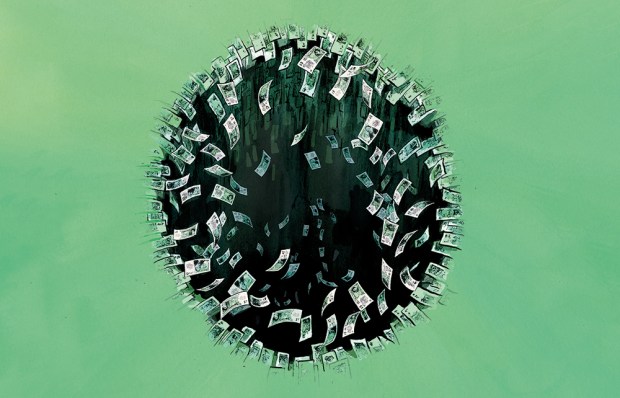
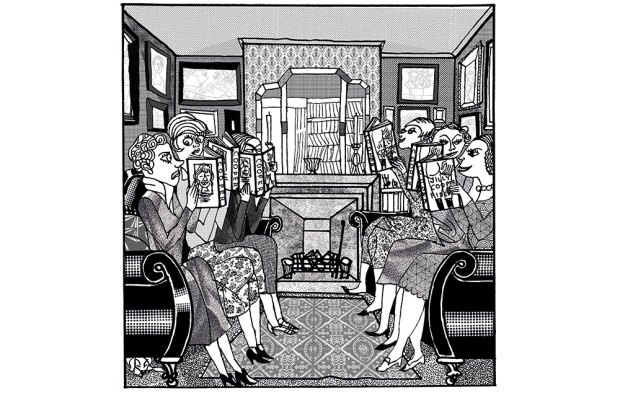
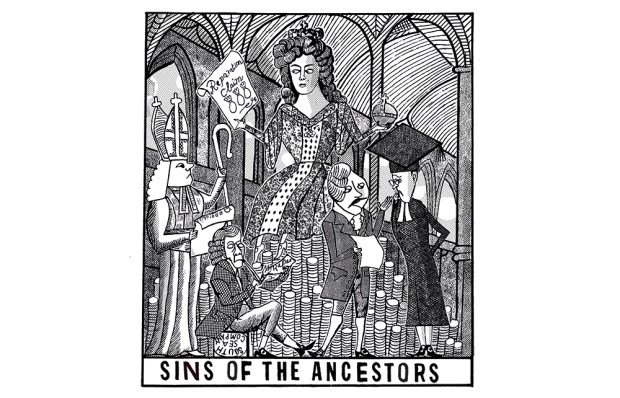







Comments
Don't miss out
Join the conversation with other Spectator Australia readers. Subscribe to leave a comment.
SUBSCRIBEAlready a subscriber? Log in